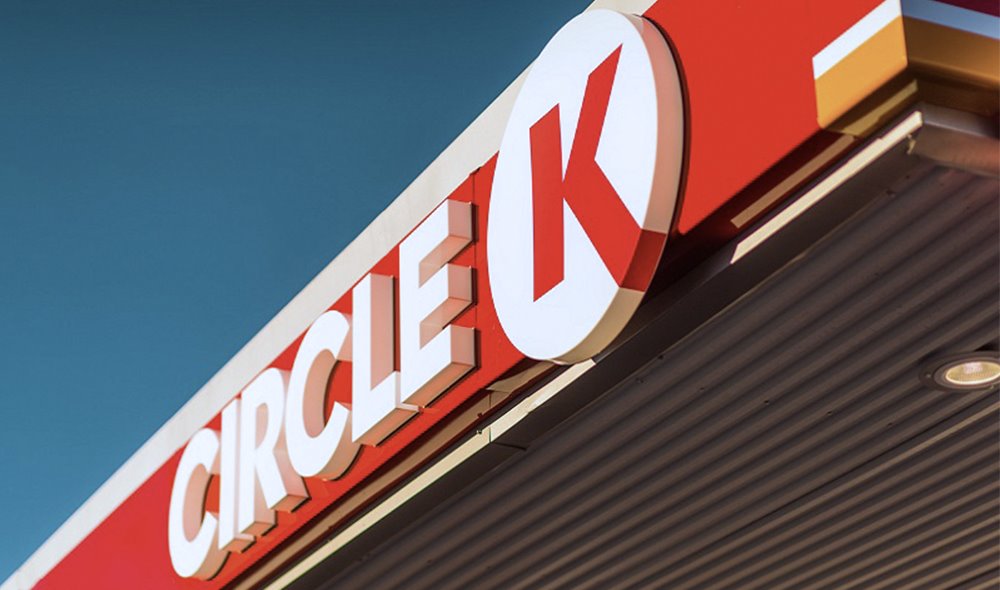
The move by Alimentation Couche-Tard’s Circle K to buy 10 Dublin Londis stores from businessman Seamus Griffin adds spice to the capital’s convenience retail market. The move sees Circle K making its first Irish foray away from garage forecourts.
The Republic already has one of the most sophisticated convenience sectors in Europe. Competition between players such as BWG, which owns Spar, Mace and Londis, and Musgrave, which owns Centra, has driven up standards and innovation.
In-store food and coffee offerings here are streets ahead of what is typically found in other European countries. Fresh competition on city streets from Circle K, whose parent has 15,000 stores globally, can only add to it.
However, Circle K’s move says less about changes afoot for street convenience retailing than it does about what’s coming for forecourts.
Firstly, the transaction is just 10 shops. They may be high-profile city centre locations, but it is not of national significance. The noises emanating from Circle K suggest it may add a few more in other Irish cities. But there is no suggestion it will launch a widespread national effort in relation to the convenience market.
Far more change is on the way for forecourts. The switch to electric cars will accelerate rapidly in coming years. Pumps will be replaced by charging stations. It takes at least 30 minutes and often a couple of hours to charge most electric cars, whereas filling a tank with diesel takes just a minute.
Assuming we don’t all have chargers at home or that we encounter situations where we are not close to our own chargers, what will customers do while waiting on their cars to charge at a forecourt? They may go shopping or have a meal, and operators such as Circle K will try to capitalise on this with broader shops and sit-down dining. Footfall from drivers may switch to evenings and weekends.
By going into city centre locations with no forecourts, Circle K will build its brand further. But it will also learn even more about the recreational buying and dining habits of Irish consumers – most of the Londis stores have food bars.
All of that new knowledge will be ploughed back into its network of forecourts, where more consolidation is expected as independent fuel players fall in the rush to electrification.